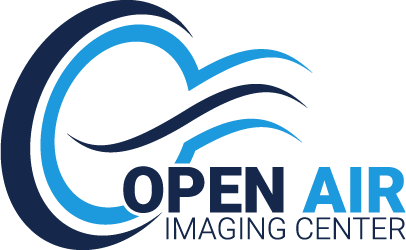CT (Computed Tomography)
What is computed tomography?
Computed tomography (CT) is a way of using X-rays to take pictures or images in very fine slices through the part of the body that the doctor has asked to be investigated. One way to think of it is of taking slices through a loaf of bread.
When you take slices from your loaf of bread, you are able to see much more detail about the structures that make up the loaf. It is likely that this is why your doctor has chosen this test. The slices that are taken by an MSCT scanner are often less than 1 mm thick.
Once the radiographer (or medical imaging technologist) has taken the scan, these very thin slices can be put all together to reconstruct the loaf (or in this case your body). Once they are put back together, the radiographer can cut it into the slices in any direction that will help the radiologist (a doctor who has specialized in diagnostic imaging) to see the parts of the body that are of interest. Each scan is created specifically for the part of the body of interest and the condition that needs investigation. This will often involve creating several sets of pictures taken in different directions and also some 3-dimensional (3D) pictures.
How do I prepare for computed tomography?
You should receive instructions from the hospital or private radiology practice where you are having the CT scan before your appointment. If you are an inpatient in a hospital, the nurses caring for you will ensure that the appropriate preparations are carried out. These instructions are very important, as they may affect the accuracy of the test or require that the test be re-booked if you are not properly prepared for the CT scan.
Some tests require no preparation, these include: brain, sinus or facial bones, temporal bones (inner ear), spine, knee or wrist and CTs of the bones.
Many types of CT require an injection of an iodinated contrast material to show blood vessels and some organs. For these tests, most hospital departments or radiology practices will ask you to fast (not eat or drink) before your appointment. Fasting for 2–4 hours is common, and it is usually permitted to drink water over this time to avoid dehydration (losing too much water from your body). It is important that the need to fast does not make you unwell, particularly if you have other special dietary requirements (e.g. diabetes). Please check with your doctor or the hospital or radiology practice where you are having the CT if you have any concerns.
How long does computed tomography take?
As mentioned earlier, each test is different, so the time it takes to complete the scan will vary depending on why you are having it. CT scans that do not require an injection or much preparation are usually quite quick, and may be completed within 5 minutes. Even when you are having a scan that requires an injection or a drink and other preparation, the length of the scan itself (in other words the amount of time you are in the CT scanner machine) is usually under 10 minutes.
